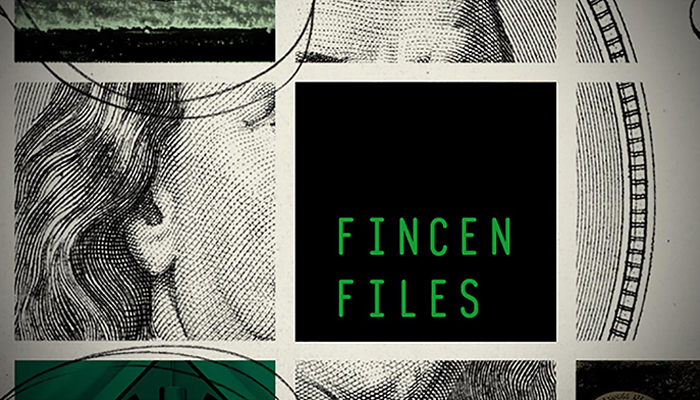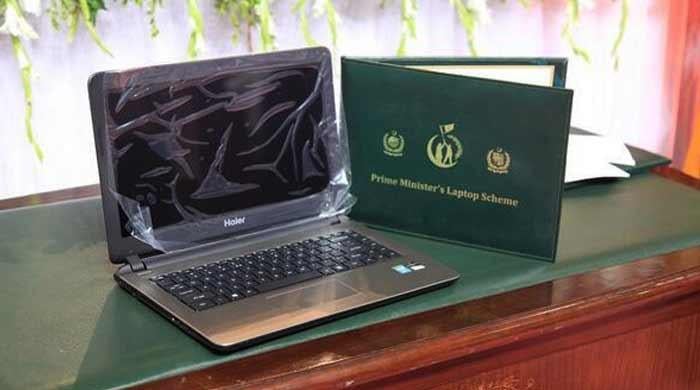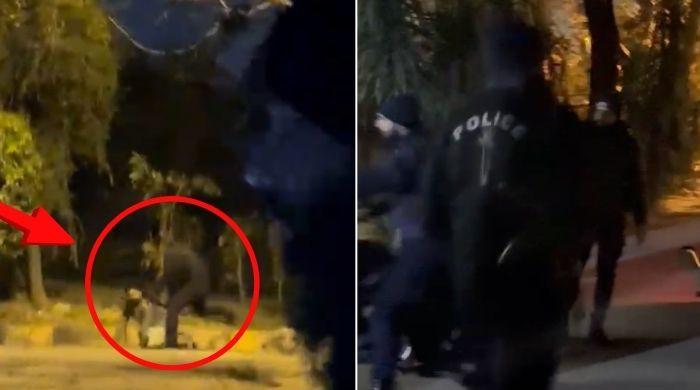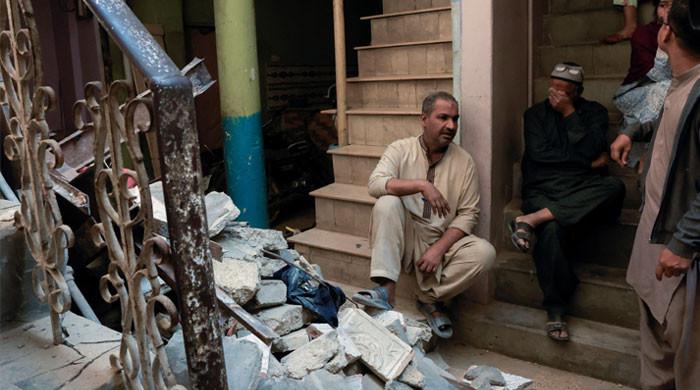FINCEN files — The Pakistani link
A look into Pakistani businesses involved in suspicious bank activities flagged by the US Financial Crime Enforcement Network
September 22, 2020

ISLAMABAD: An explosive cache of secret documents relating to banking industry reveals how illicit money went unchecked at a global level with leading Western banks profiting while defying money laundering crackdown. These banks enabled smooth flow of questionable funds of individuals and organisations, some of them from Pakistan.
BuzzFeed News obtained records from a whistle-blower and shared them with the International Consortium of Investigative Journalists (ICIJ). The News was a partner from Pakistan, together with 108 media organisations from 88 countries. Named FinCEN Files, this collaborative project of investigative journalists is based on top secret bank reports filed to the US Treasury Department’s intelligence unit, the Financial Crime Enforcement Network.
The files, known as suspicious activity reports (SARs), show suspected illicit funds of more than $2 trillion moving through banking channels. The SARs are not less than transcripts of the failures of banks and other financial institutions and how this flourished the illicit money flow. Having been named in an SAR doesn’t mean proof of a crime; it warrants questioning about the source of funds which was not done. Once reported to the US Treasury, the files remain buried in the record.
According to BuzzFeed News, some of the leaked records were gathered as part of US Congressional committee investigations into Russian interference in the 2016 US presidential election while others were gathered following requests to FinCEN from law enforcement agencies.
BuzzFeed News has not commented on the identity of the source. Although, ICIJ has carried out ground-breaking investigations in the past like Offshore Leaks in 2013, Swiss Leaks in 2015, Panama Papers in 2016 and Paradise Papers in 2017, the FinCEN papers are different because they are not the documents of one or two companies. Instead, they have come from a number of banks. Majority of the SARs were generated by Standard Chartered Bank, Citibank, JP Morgan Chase, Bank of New York Mellon and Deutsche Bank.
The leaked documents are composed of more than 2,100 SARs naming individuals and organisations from different countries.
From Pakistan, Altaf Khanani’s global money laundering network formed part of SARs; a number of companies whose products were used in manufacturing Improvised Explosive Devices by Taliban also figured in connection with transferring and receiving huge sums of funds. Also named in the SARs are noted business individuals whose suspicious transactions had also raised alarms in Pakistan as well in the past.
Khanani laundered money at a global scale and his clients ranged from drug cartels to terrorist organisations. His worldwide network is estimated to have laundered between $14 billion to $16 billion dollars per year. Dubai-based Mazaka General Trading LLC was one of the companies he used for the purpose.
The same was used by US investigators for his conviction when they successfully infiltrated an undercover agent into his organization. Between December 2013 and February 2014, Mazaka received around $4.2 million through five transactions from two companies notorious for their role in money laundering from Russia — Seabon Limited and Griden Limited. It received another $720,000 from Hilux Services LP, a company which was at the center of a money laundering scandal in Azerbaijan. Mazaka also received $50 million from five companies in the Deutsche Bank mirror trades network between March 2013 and April 2014. There were also three transfers from a company in Singapore called Ask Trading Pte. to Mazaka.
Ask Trading had received almost $17 million from Cherryfield Management Ltd. which played a central role in the mirror trades.
A couple of other companies of Khanani network — Al Zarooni Exchange and Wadi Al Afrah Trading LLC — were used for multiple transactions through the Standard Chartered Bank. Likewise, Deutsche Bank was also used for a transfer of $184,000. Mazaka was used to trap Khanani when an infiltrator transferred ‘drug money’ of $1.15 million through Khanani’s couriers to an account which was in fact being operated by the US Drug Enforcement Agency. He was held at Panama airport where he was apparently invited to get a Panamanian passport. He thought he would meet drug lords there but found police waiting instead. He was handed over to the US where Khanani was sentenced to five and a half years in prison ending in July this year. His present whereabouts are unknown and his attorney didn’t answer questions sent by ICIJ and partner organizations.
The SARs indicate alarms were also raised about the transactions of a number of Pakistani companies. One fertilizer company, for example, received or sent over $3.8 million from its account to a number of unidentifiable businesses in China, Dubai and Pakistan. Three other Pakistani companies, according to the SARs, were also reportedly alleged for producing chemicals for suspicious activities. One of the companies processed over $1.2 million through S.C. Bank, including a payment to an unidentified entity in the UAE under the reference “purchase of seismic explosives.” One company had lost its business license in 2009 after it was found smuggling. One of the companies, it is learnt, later changed its business practices to make it difficult to abuse ammonium nitrate.
Other than organisations, some Pakistani individuals have also been named in different SARs. An owner of a food related chain and his sons received more than $850,000 from Dubai to Pakistan.
That transfer occurred in 2012. Incidentally, the Federal Board of Revenue’s Intelligence Unit was also alerted about extraordinary transfer of remittance into the accounts of this family whose entire business is in Pakistan but getting huge remittances from abroad. The amount then under question of FBR was around Rs4 billion. What was the conclusion of this inquiry remained unknown. Other than this family, a number of business individuals from different cities have been named in suspicious transactions.











